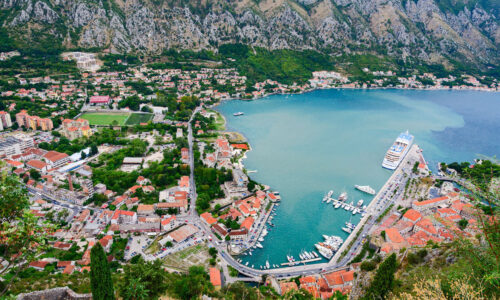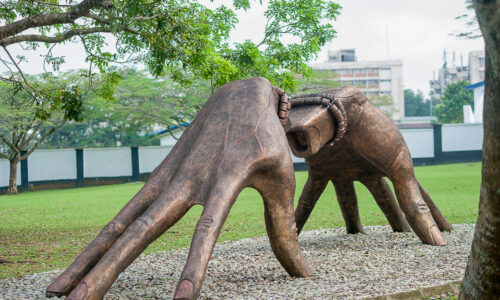- Judith Akatugba
- 0 Comments
- 626 Views
South Africa is an abundant country in many respects. South Africa, dubbed the “Rainbow Nation” by Archbishop Desmond Tutu following its first democratic election in 1994, is teeming with iconic species, genuinely magnificent settings and vistas, and internationally acclaimed lodging and dining establishments. Prior to the pandemic, the nation of hospitable people welcomed over 10 million tourists annually; it is currently gradually recovering, with four million visitors expected in the first half of 2023.
According to Simon Mandy, a native of Cape Town and managing director of The Royal Portfolio, a family-owned collection of opulent properties that includes The Silo Hotel in Cape Town and Royal Malewane in Kruger National Park, “South Africa is an especially compelling nation, with many cultures, languages, and traditions to explore and enjoy.” “This is reflected in our cuisine, which creates distinct flavor sensations by utilizing a variety of fresh, seasonal, local ingredients and multiple influences.”
Read Also: How to Make Spinach and Cheese Soufflé Omelete
Furthermore, it’s common knowledge that visitors spending US dollars get incredible value for their money in a nation with perfect beaches, boundless savannas, and striking mountains—all while speaking English. I have traveled to South Africa’s coastline, wine country, Garden Route, and game preserves in January, February, October, and December over the years, and I have encountered a wide range of weather conditions, including intense wind, dense fog, and scorching heat. I always carry a lot of versatile layers because, especially in Cape Town, it often feels like different seasons in one day.
Deborah Calmeyer, founder and CEO of Roar Africa and a resident of Cape Town by day, is an expert on safari and says that March is the best time to visit because “there are no crowds and perfect warm weather to enjoy all the beauty of Table Mountain and the emerald Winelands without the December rush of people.”
As numerous as the healthy populations of zebras, lions, rhinos, and elephants in South Africa are, in her opinion, the reasons to visit: “the diversity of experience — the cosmopolitan culture of Cape Town, the beauty of the Winelands, the ochre dunes of the Kalahari Desert, and the abundance of pristine bush, teeming with wildlife; the level of service; the restaurants, in both the cities and the bush.”
• High Season: December through February
• Shoulder Season: September to November; March to May
• Low Season: June to August
Best Time to Visit for Smaller Crowds

The busiest months for safari are often December and June through August, so if you’re not a fan of crowds, steer clear of Cape Town during its hectic holiday rush in December and January, advises Calmeyer. During the remaining months of the year, adventurers are usually rewarded with closer encounters with wildlife and fewer cars near thrilling sightings. “The remaining months of the year are filled with so much beauty, and if you have the right equipment, you’ll have an amazing experience in this land of contrasts,” Calmeyer continues. October, November, April, and May are the least busy travel months in South Africa, according to Mandy, since fewer people visit the nation overall during these times.
Best Time to Visit for Lower Prices
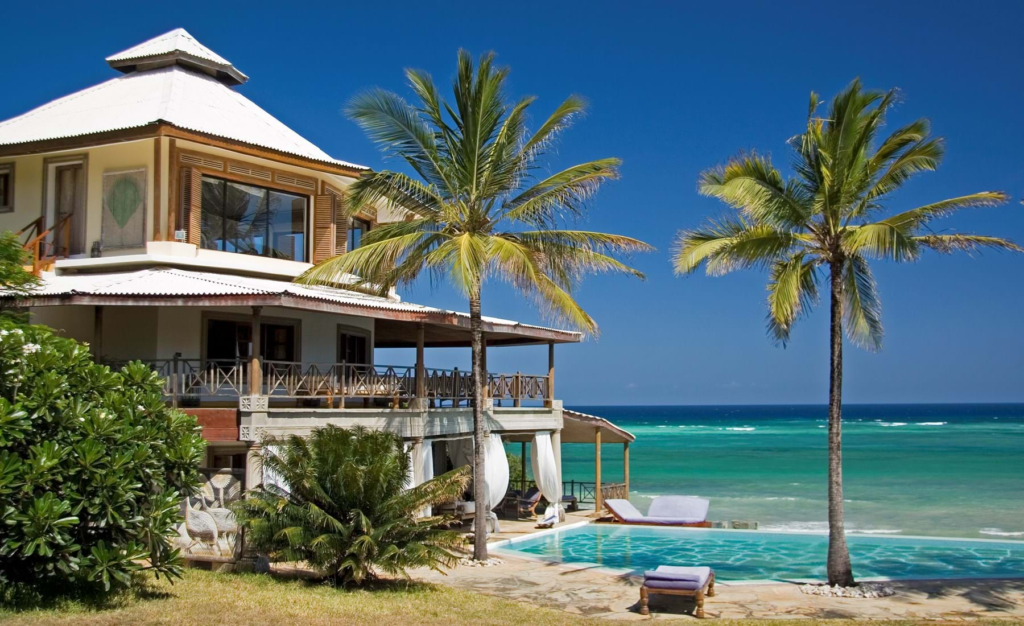
In Cape Town, May through August are usually “the lightest on the pocket,” according to Mandy. She also adds that the shoulder season of April and May, which is their autumn, offers the best deals on a comprehensive itinerary that includes a safari. Calmeyer says that September, which has a reputation for being quiet, can also be more affordable. On the other hand, December is the most expensive month, and most hotels and lodges have minimum stay requirements.
Best Time to Visit for Good Weather
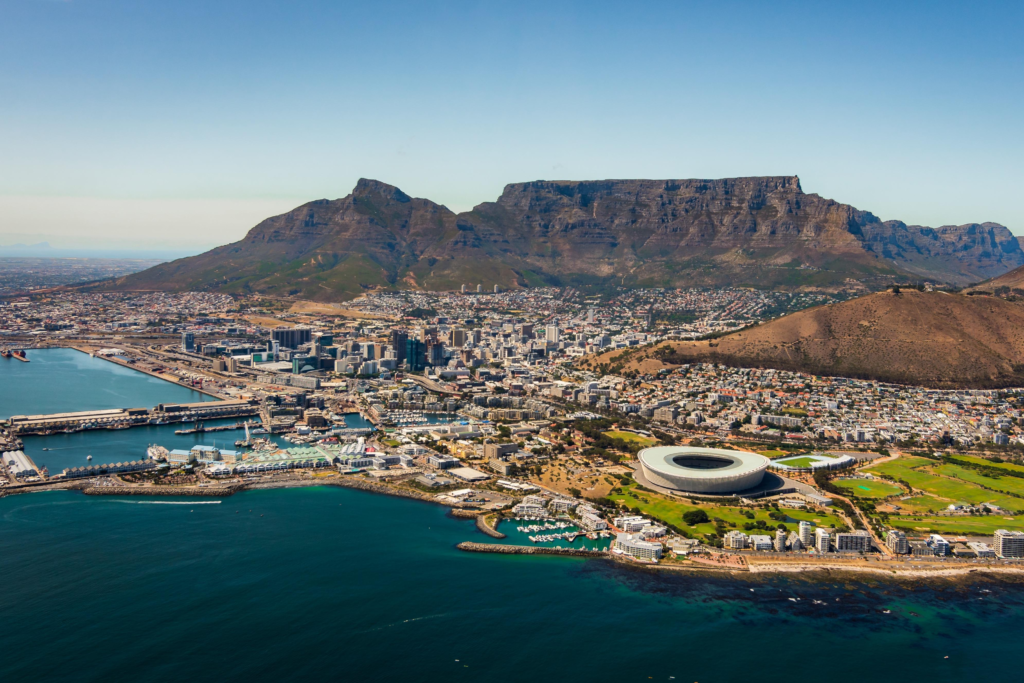
Mandy says, “South Africa has a very pleasant and favorable climate year-round,” adding that the majority of the country experiences the best balanced weather in the spring and fall. Mandy personally loves the spring, which lasts from September to November. He claims that “it offers breathtaking displays of blooming gardens and wildflowers on safari.” “It’s the ideal weather, not too hot or too cold.” Calmeyer claims that her favorite weather in the Western Cape occurs between October and May, which are essentially the shoulder seasons and midsummer (also known as the high season). This also applies to national safari destinations. “It’s a great weather,” she remarks. She also said that these are the greatest months to go hiking because there isn’t as much rain as in Johannesburg, where most of the rain falls during the summer. Note that there are many climate peculiarities when traveling across different parts of South Africa due to its vast size and diverse geography.
Best Time to Visit for a Wildlife Safari
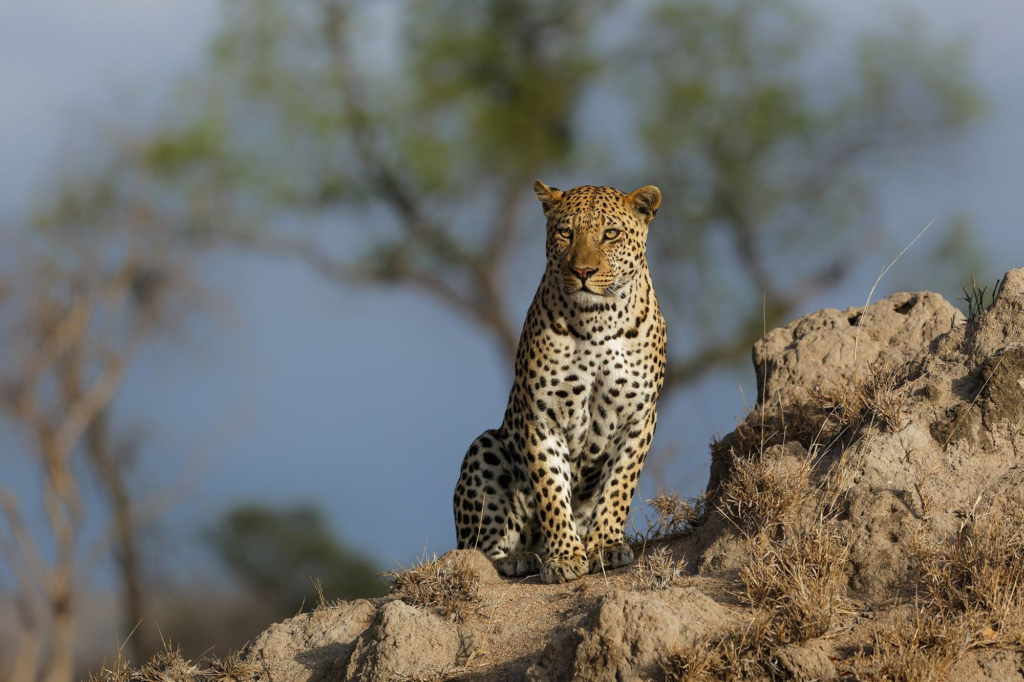
According to Calmeyer’s professional view, “anytime” can be a good time to go on a wildlife safari if you work with a local travel advisor who is well-versed in all of the parks and areas of the nation, which include the well-known Kruger National Park and the Kalahari in the Northern Cape. “There are incredible chances to see wildlife throughout the whole year,” she claims. June through September are often thought to be the best months because, according to Mandy, “animals gather around water sources in the absence of rain,” which can make them easier to notice. Moreover, during these months the foliage usually dies back, highlighting smaller species. “If you’re a serious bird watcher, the warmer months of November through February bring migratory birds and a noticeable rise in the volume of the dawn chorus,” he continues. The period of time known as “green season” occurs during which parks and wildlife reserves typically experience warm, rainy weather.
Best Time to Visit for a Beach Holiday

Without a doubt, South Africa’s summer, which lasts from December to February, is the ideal season for tanning on one of the numerous breathtaking beaches that envelop the country’s vast 1,770-mile coastline. Still, don’t anticipate taking leisurely ocean swims. Remember that it is the Atlantic Ocean, and since it is chilly, it is unlikely that you will be able to enter, adds Calmeyer. In December and January, however, Cape Town is fantastic for those who prefer colder waters. It offers white-sand beaches, a plethora of water sports, and fantastic snorkeling and diving opportunities in the Great African Seaforest, which is the enormous bamboo kelp forest featured in the documentary “My Octopus Teacher.” Summer usually means wind and lesser waves for surfers wearing wetsuits, but March through September is the best time to go surfing because the water is at its coldest (in the low seventies). “Be warned: The African sun is harsh, so don’t forget your sunscreen,” Mandy continues, “regardless of the season.”
Best Time to Visit for Festivals

There’s a festive vibe all around South Africa, from vibrant farmers markets in Cape Town to music events in the Cape Winelands. Two popular events that take place in February are the Cape Town International Jazz Festival and the Cape Town Art Fair. And I can personally vouch for the fact that Kirstenbosch National Botanical Garden’s Summer Sunset Concerts, which run from November to April, are riveting events deserving of a hearty BYO picnic. “The well-liked concerts offer live music in a picturesque setting beneath Table Mountain,” Mandy continues. In the Winelands (Franschhoek, Stellenbosch, and Paarl), harvest season falls in February and March. It’s a thrilling and picturesque time to visit both historic, iconic estates and emerging, young winemakers.
Worst Time to Visit South Africa
One of such locations that is appealing all year round is South Africa. Mandy cautions that while summer temperatures usually stay in the 70s and rarely reach the 90s, some travelers may find the winter temperatures in the Northern Cape’s isolated mountainous areas to be excessively frigid.










